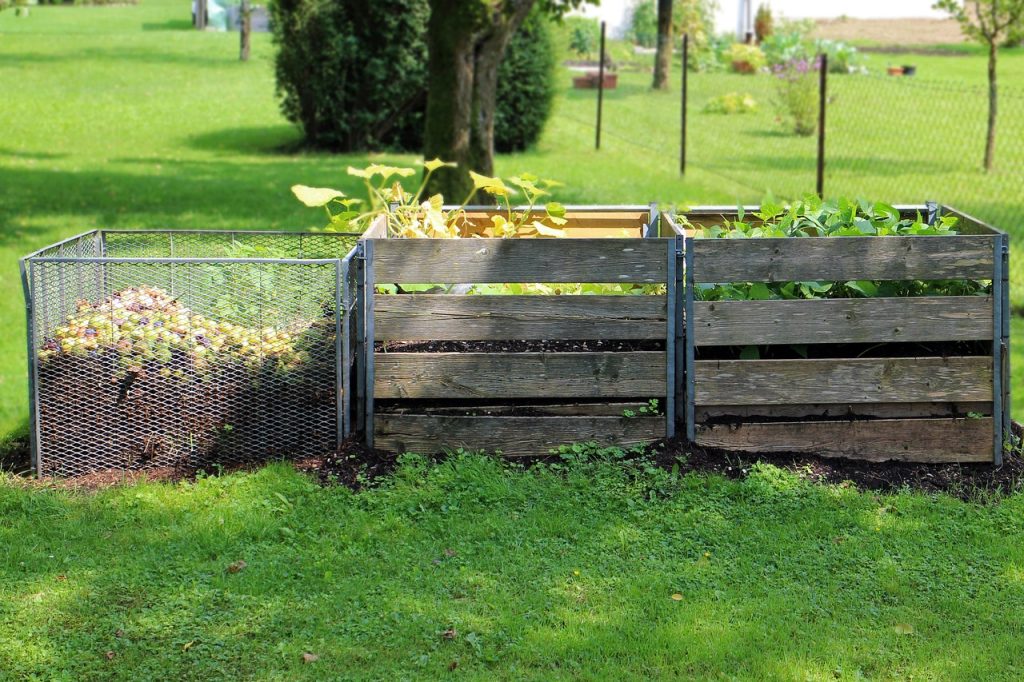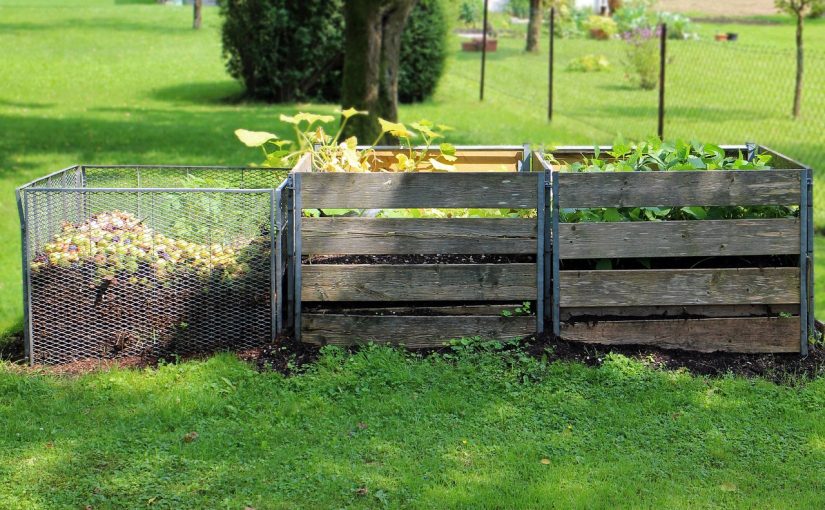Climate change is one of the most pressing challenges facing our planet today, and while global solutions are essential, everyday actions also play a critical role. Composting, often seen as a simple gardening practice, has far-reaching environmental benefits that can help mitigate the effects of climate change. By turning organic waste into nutrient-rich compost, we can reduce greenhouse gas emissions, improve soil health, and contribute to a more sustainable future.
Here’s how composting can help tackle climate change:
1. Reduces Greenhouse Gas Emissions from Landfills
One of the most significant environmental benefits of composting is its potential to reduce greenhouse gas emissions. When organic materials like food scraps, yard waste, and agricultural residue are sent to landfills, they decompose anaerobically (without oxygen), producing methane, a potent greenhouse gas that is far more harmful than carbon dioxide. By diverting these organic materials from landfills and composting them instead, we can significantly cut down on methane emissions.
How Composting Helps:
- When organic waste is composted, it breaks down aerobically (with oxygen), producing carbon dioxide instead of methane, which is much less harmful to the atmosphere.
- Composting eliminates the need to transport organic waste to landfills, reducing the carbon footprint associated with waste management.
Benefits:
- Lower methane emissions, helping to reduce the overall global warming potential.
- Reduced pressure on landfills and waste disposal systems.
2. Enhances Soil Carbon Sequestration
Composting helps to improve soil health by enriching it with organic matter. This organic matter can store carbon in the soil, a process known as carbon sequestration. Healthy, fertile soils can act as carbon sinks, capturing and storing carbon dioxide from the atmosphere. When compost is added to soil, it enhances its ability to absorb and retain carbon, which helps to reduce the amount of CO2 in the air.
How Composting Helps:
- The organic matter in compost acts as a sponge, absorbing carbon from the atmosphere and storing it in the soil.
- Well-structured soils, enriched by compost, have increased capacity to hold water, reducing the need for irrigation and minimizing water runoff, which also helps mitigate soil erosion and loss of carbon.
Benefits:
- Increased soil carbon storage, which reduces the concentration of CO2 in the atmosphere.
- Improved soil fertility, supporting healthier plant growth that can absorb even more carbon.
3. Reduces the Need for Synthetic Fertilizers
Composting helps reduce reliance on synthetic fertilizers, which are energy-intensive to produce and often release nitrous oxide—a potent greenhouse gas—into the atmosphere when applied to soil. By using compost, farmers and gardeners can replace or reduce the use of chemical fertilizers, which not only saves money but also reduces harmful emissions.
How Composting Helps:
- Compost provides a natural source of essential nutrients like nitrogen, phosphorus, and potassium to plants, reducing the need for synthetic fertilizers.
- The use of compost also promotes the growth of beneficial microbes in the soil, which help cycle nutrients more efficiently and reduce the leaching of nutrients into waterways, which can lead to water pollution.
Benefits:
- Lower carbon footprint by reducing the need for energy-intensive fertilizer production.
- Reduced emissions of nitrous oxide, a greenhouse gas that is far more potent than carbon dioxide.

4. Helps Improve Water Retention and Prevents Soil Erosion
Composting improves the structure and composition of soil, which enhances its ability to retain water. As climate change leads to more extreme weather patterns, such as heavy rainfall and prolonged droughts, water retention becomes crucial for crop survival and environmental stability. By adding compost to the soil, you help build its resilience against climate-related challenges like droughts and floods.
How Composting Helps:
- The organic matter in compost increases soil’s water-holding capacity, allowing it to retain moisture during dry periods.
- Healthy, compost-enriched soil also improves drainage and reduces the risk of erosion, especially during heavy rains.
Benefits:
- Improved water retention, reducing the need for irrigation and protecting plants during droughts.
- Reduced soil erosion, helping to prevent the loss of fertile soil and the carbon stored in it.
5. Encourages a Circular Economy
Composting is an integral part of a circular economy, where waste is minimized, and materials are reused. Instead of sending organic waste to landfills, where it contributes to environmental degradation, composting turns this waste into a valuable resource for improving soil health and boosting agricultural productivity. By embracing composting, individuals and communities can reduce waste, lower carbon footprints, and create a more sustainable, closed-loop system for managing organic materials.
How Composting Helps:
- Composting reduces the volume of organic waste in landfills, helping to divert it from incineration and landfills, where it would otherwise release greenhouse gases.
- The organic matter produced by composting can be used to grow more food, further promoting sustainability.
Benefits:
- Reduced environmental impact from landfills and waste incineration.
- Promotes sustainability by creating a closed-loop system of organic waste management.
6. Supports Regenerative Agriculture Practices
Regenerative agriculture is a farming approach that focuses on restoring soil health, increasing biodiversity, and improving the ecosystem. Composting is a cornerstone of regenerative agriculture practices, as it helps to restore the natural balance of soil microbes and provides the nutrients needed for healthy crops. By improving soil health, regenerative agriculture contributes to carbon sequestration and enhances the resilience of agricultural systems to climate change.
How Composting Helps:
- Compost provides a natural, sustainable source of nutrients for plants, reducing the need for synthetic inputs.
- It promotes biodiversity in the soil, fostering a healthy ecosystem that improves resilience to pests, diseases, and extreme weather conditions.
Benefits:
- Contributes to the regeneration of degraded soils, boosting long-term agricultural productivity.
- Increases the carbon storage potential of soils, helping to mitigate the effects of climate change.
Conclusion
Composting is a powerful tool in the fight against climate change. From reducing methane emissions in landfills to enhancing soil carbon sequestration and promoting sustainable farming practices, composting offers a host of environmental benefits. By making composting a regular part of waste management and agricultural practices, we can all play a role in reducing our carbon footprints and helping to protect the planet for future generations. Whether at home, on the farm, or in community gardens, composting offers a simple yet impactful way to contribute to a more sustainable and climate-resilient world.




